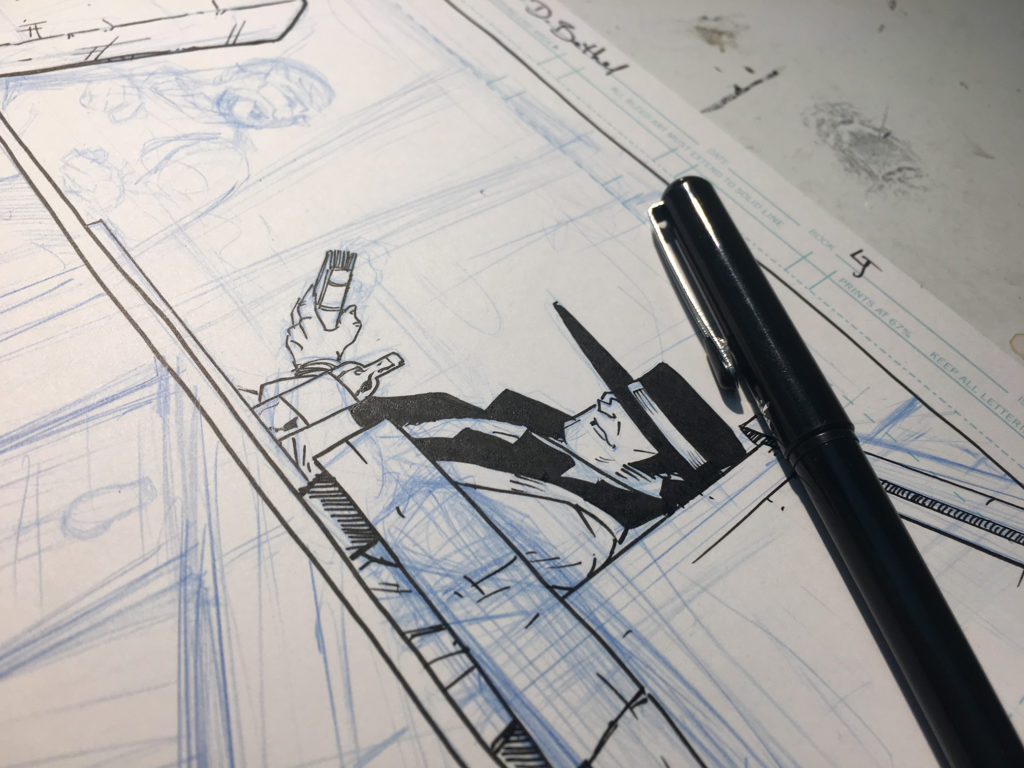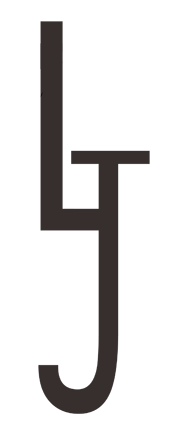D. Bethel Draws… Long John #11
I’ll admit, inking wasn’t a skill I wholly valued or ever really practiced for a long time. Part of that comes from having focused on the craft of drawing over everything else. Another part comes from never really being exposed to––during my burgeoning artistic years––skilled inking techniques or processes aside from looking at finished work in a comic, print, or book.
This was exacerbated in recent years by the fact that it seemed the comic book industry didn’t really value the art of inking much anymore, either, with some books coloring and lettering over pencils, skipping the inking step completely. This never really became a dominant trend, but one that an artist with a lack of confidence in his inking skills took notice of.
This has been compounded also by the rise of digital art, wherein the pencils and inks are kind of one and the same with each layer of art being a more refined version of the previous one.

When I started drawing comics “seriously” in 2007 (meaning, at the time, more serious than someone who was not making comics at all), my process was nearly completely digital. It wouldn’t be for a year or so when I decided to take a step back from the screen and, with my tools covered in a fine layer of dust, figure out how all of these things worked.
My basic approach hasn’t changed too much from those early days with the exception of gaining a more confident and steady hand and a stronger handle on more tools than just an assortment of pens. However, as I gain confidence and skill, I can see what good and considered inking can do––trying to understand the artistic intent of an inker––and those are becoming things I want my inking to do. Perhaps, my inking will not do that within the context of Long John but will, instead, be used on future projects and other pieces (I often chronicle not only my focused inking for Long John but also my practice pieces on Instagram and even more occasionally on my YouTube channel).
The point is that, when it comes to inking, I’m still learning and it’s exciting because it’s not just exercising the muscle memory to become better at what I’m already doing––things like perspective and anatomy and facial expressions, etc. The possibility I see in inking involves learning techniques that are wholly new to me and it’s exciting to not only learn them and practice them but doing so encourages me to imagine ways to use them.

Discussion ¬